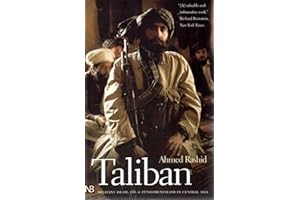This book provides a comprehensive analysis of the origins, rise, and international impact of the Taliban in Central Asia. It delves into the role of oil and fundamentalist ideology in shaping the militant group, and offers insights into regional conflicts and geopolitical complexities in the region.
Category: Non-fiction
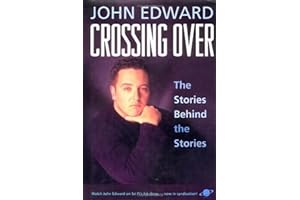
Crossing Over: The Stories Behind the Stories by John Edward
In “Crossing Over,” psychic medium John Edward shares the personal stories and experiences behind his work connecting with the spirit world. Through emotional retellings of his readings and encounters with clients, Edward offers insight into the power of connecting with loved ones who have passed on.

The O’Reilly Factor: The Good, the Bad, and the Completely Ridiculous in American Life by Bill O’Reilly
A controversial discussion of the current state of American society, covering both positive and negative aspects, by renowned television host Bill O’Reilly.
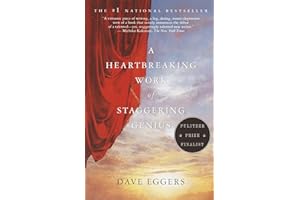
A Heartbreaking Work of Staggering Genius: Pulitzer Prize Finalist by Dave Eggers
This devastatingly honest memoir follows a young man’s journey through grief and responsibility after losing both of his parents. Through humor and self-reflection, Eggers grapples with the complexities of family and explores the power of love and resilience in the face of tragedy.

Germs : Biological Weapons and America’s Secret War by Judith Miller
“Germs” is a revealing investigation into the threat of biological weapons and America’s response to this potential danger. Focusing on the efforts of the US government to protect its citizens from bioterrorism, Miller’s eye-opening book delves into the murky world of biological warfare and the alarming lack of preparedness in the face of such an attack.
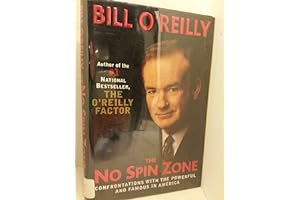
The No Spin Zone: Confrontations with the Powerful and Famous in America by Bill O’Reilly
“The No Spin Zone” is a collection of interviews and confrontations by Bill O’Reilly with powerful and famous figures in America. O’Reilly, known for his no-nonsense approach, asks tough questions and shares his thoughts on controversial topics. This book offers an unfiltered and honest look at the intersection of media and politics in America.
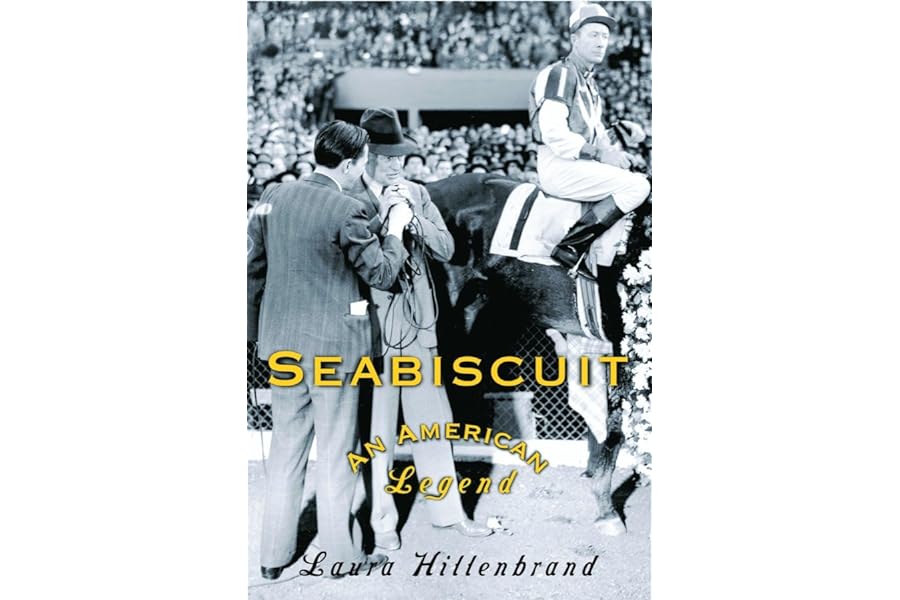
Seabiscuit: An American Legend by Laura Hillenbrand
The book “Seabiscuit: An American Legend” by Laura Hillenbrand tells the story of a small racehorse that captured the hearts of the American public in the 1930s. Against all odds, Seabiscuit rose to prominence and became a symbol of hope during the Great Depression.

On Writing: A Memoir of the Craft by Stephen King
In “On Writing,” Stephen King reflects on his own journey as a writer and shares practical advice on the craft of writing. He explores the essential elements of storytelling, delves into the writing process, and offers insights into his own experiences and techniques that have made him one of the most successful authors of our time.
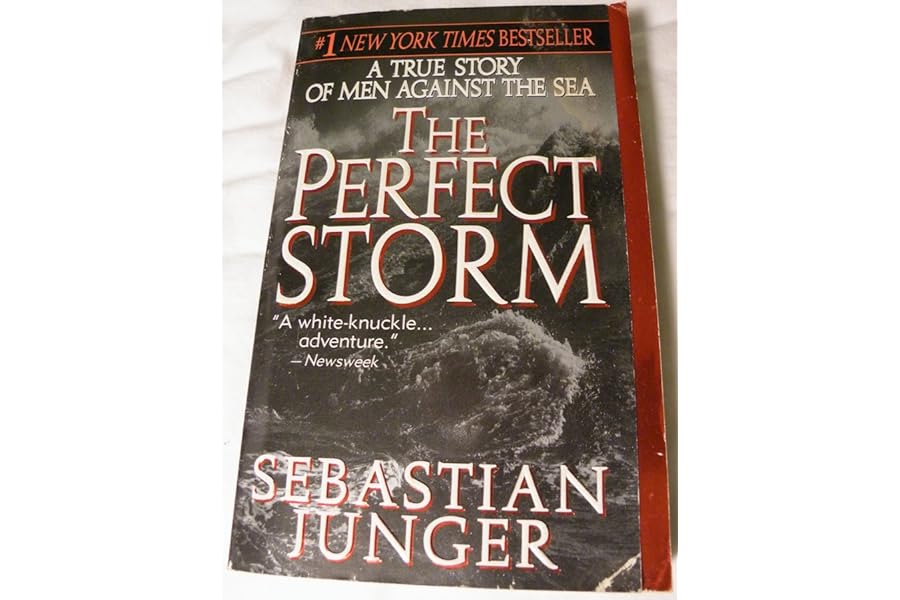
The Perfect Storm: A True Story of Men Against the Sea by Sebastian Junger
“The Perfect Storm” is a gripping true story of the crew of the fishing vessel Andrea Gail, who face a catastrophic storm while at sea. Through vivid descriptions and emotional storytelling, author Sebastian Junger depicts the harrowing struggle of these men against nature’s relentless fury.
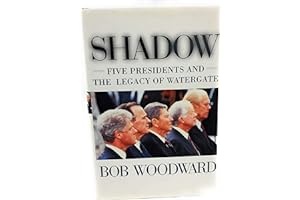
Shadow: Five Presidents and the Legacy of Watergate by Bob Woodward
This book chronicles the impact of the Watergate scandal on five consecutive presidential administrations, revealing the lasting effects on American politics and the presidency. Woodward delves into the behind-the-scenes details and personal motivations of those involved, offering a comprehensive look at one of the most famous political scandals in history.
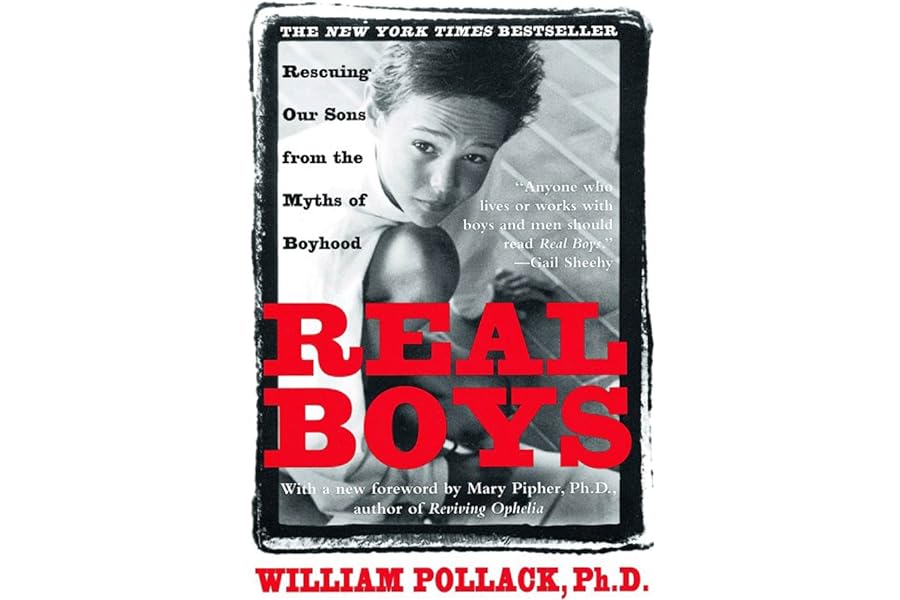
Real Boys: Rescuing Our Sons from the Myths of Boyhood by William Pollack
In “Real Boys”, William Pollack explores the societal pressures and misconceptions surrounding boyhood. He offers insights on how to support boys in developing their emotional intelligence and true selves, instead of conforming to narrow expectations of masculinity.
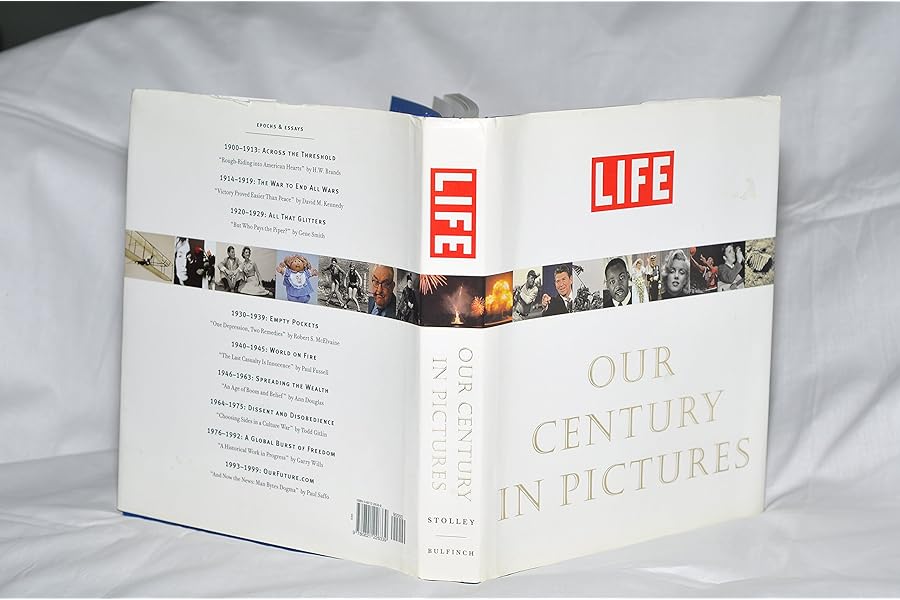
Life: Our Century In Pictures by Richard B. Stolley
“Life: Our Century In Pictures” is a visual journey through the major events and moments that shaped the 20th century, capturing the triumphs and tragedies that defined the era through powerful and iconic photographs. This collection is curated by renowned editor and journalist Richard B. Stolley.
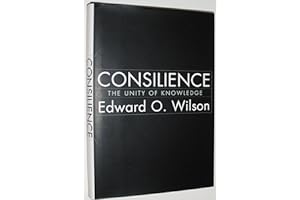
Consilience: The Unity of Knowledge by Edward O. Wilson
In “Consilience: The Unity of Knowledge”, Wilson argues that all branches of knowledge, from science to the humanities, should work together to solve complex problems and provide a holistic understanding of the world. He promotes the idea of a unified approach to knowledge and encourages interdisciplinary collaboration.

Design Patterns: Elements of Reusable Object-Oriented Software by Erich Gamma
This book discusses commonly used design patterns in software development, providing insights on how to identify and apply these patterns effectively. It highlights the advantages of using object-oriented programming and how these patterns can make code more flexible, reusable, and maintainable.

The Elements of Style, Third Edition by William Strunk Jr.
“The Elements of Style” is a concise guidebook that offers rules and principles for effective writing. Written by William Strunk Jr., this third edition provides essential tips on grammar, punctuation, and proper word usage that are essential for clear communication.

Into Thin Air: A Personal Account of the Mt. Everest Disaster by Jon Krakauer
The first-hand account of a journalist’s harrowing experience during the tragic 1996 Mount Everest disaster, detailing the physical and emotional challenges faced by climbers and the ultimate price paid by some. A gripping and unsettling story of the quest for the world’s highest summit.

The Chicago Manual of Style: The Essential Guide for Writers, Editors, and Publishers (14th Edition) by Chicago Editorial Staff
The 14th edition of “The Chicago Manual of Style” is the essential guide for writers, editors, and publishers, providing clear and comprehensive guidelines for citation, grammar, and style. It is a valuable resource for anyone involved in the writing and publishing process.

The Bible Code by Michael Drosnin
“The Bible Code” by Michael Drosnin explores the theory that a complex code containing hidden prophecies and messages from a higher power is embedded within the Hebrew text of the Bible. The author presents evidence supporting this theory and its potential impact on future events.

Code Complete by Steve McConnell
“Code Complete” by Steve McConnell is a comprehensive guide to writing efficient and maintainable code. It covers essential techniques, principles, and best practices for all stages of software development, making it a valuable resource for both novice and experienced programmers.

Envisioning Information by Edward R. Tufte
“Envisioning Information” by Edward R. Tufte explores the principles and methods of effective design, visualization, and presentation of information. Through vivid examples and critical analysis, the book challenges traditional methods and encourages the creation of informative and engaging visual displays.

Guns, Germs and Steel: The Fates of Human Societies by Jared Diamond
In “Guns, Germs and Steel,” Jared Diamond explores the factors that have influenced the development and success of human societies, including geography, agriculture, and technology. He argues that these factors, rather than inherent differences between peoples, have shaped the course of human history.

How the Mind Works by Steven Pinker
In “How the Mind Works,” Steven Pinker explores the biological and evolutionary roots of human cognition and behavior. Using insights from cognitive science, psychology, and neuroscience, Pinker presents an illuminating and comprehensive view of the complexities of the human mind.

Visual Explanations: Images and Quantities, Evidence and Narrative by Edward R. Tufte
This book explores the power of visual cues in effectively conveying information and arguments. It delves into the relationship between images and quantities, and how evidence and narrative can be enhanced through visual explanations. Tufte emphasizes the importance of avoiding deceptive or misleading graphics in order to present clear and accurate information.

Creating Killer Web Sites: The Art of Third-Generation Site Design by David Siegel
“Creating Killer Web Sites” is a guide to creating visually appealing and user-friendly websites using the principles of third-generation design. Author David Siegel emphasizes the importance of user experience and offers practical strategies for creating successful and impactful websites.
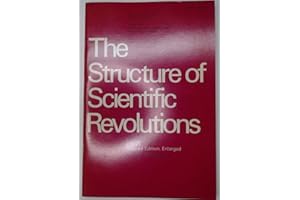
The Structure of Scientific Revolutions by Thomas S. Kuhn
“The Structure of Scientific Revolutions” explores the idea of paradigm shifts in scientific thinking and how they impact the development of scientific knowledge. By analyzing the history of science, Kuhn argues that scientific revolutions occur when a new paradigm challenges the existing one, resulting in a transformation of the scientific community’s beliefs and methods.

Longitude: The True Story of a Lone Genius Who Solved the Greatest Scientific Problem of His Time by Dava Sobel
“Longitude” is a historical account of the pursuit to determine longitude at sea, and the unlikely hero, John Harrison, who dedicated his life to solving this important problem. Through his persistence and innovative ideas, Harrison triumphed over the scientific community and forever changed navigation at sea.

Unlimited Access: An FBI Agent Inside the Clinton White House by Gary Aldrich
An inside look at the Clinton White House during the 1990s from the perspective of an FBI agent, detailing the alleged misconduct and corruption of the administration.

Great Books by David Denby
“Great Books” by David Denby explores the impact and relevance of classic literary works in modern times. It follows the author’s personal journey as he enrolls in a university course on literature and rediscovers the power and enduring value of these timeless works.
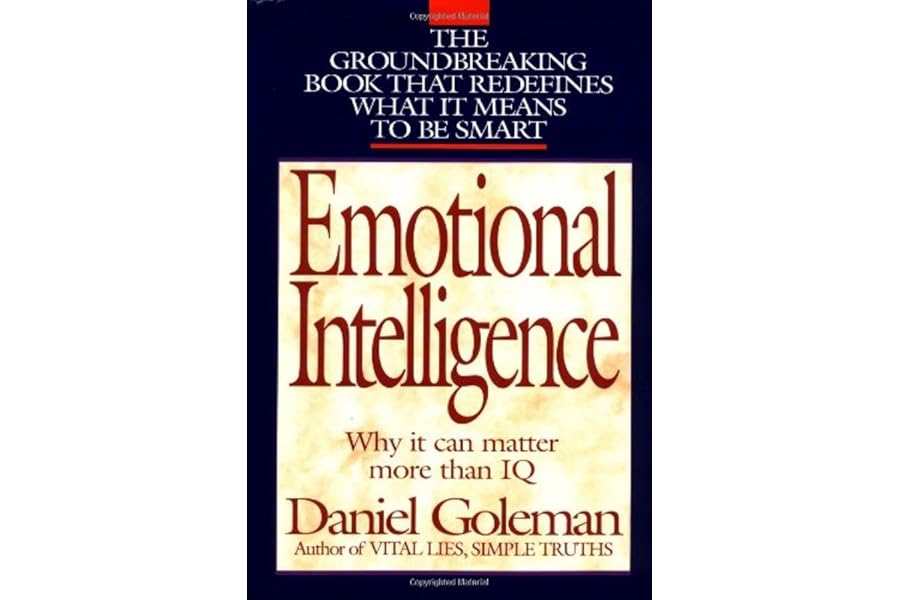
Emotional Intelligence: Why It Can Matter More than IQ by Daniel Goleman
“Emotional Intelligence” explores the importance of understanding and managing our emotions for personal and professional success. Drawing on scientific research, Daniel Goleman explains how EQ can influence our relationships, decision making, and overall well-being, ultimately arguing that it may be more critical to success than traditional measures of intelligence.
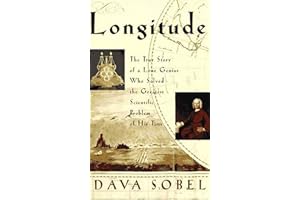
Longitude: The True Story of a Lone Genius Who Solved the Greatest Scientific Problem of His Time by Dava Sobel
Longitude tells the captivating tale of John Harrison, a self-taught clockmaker who invented a clock that could accurately measure longitude, a crucial problem for sailors navigating the open seas. Sobel’s book highlights Harrison’s determination and ingenuity in solving one of the greatest scientific challenges of the 18th century.
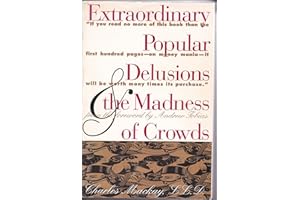
Extraordinary Popular Delusions & the Madness of Crowds by Charles Mackay
“Extraordinary Popular Delusions & the Madness of Crowds” by Charles Mackay explores the psychological phenomena of mass hysteria and group gullibility throughout history. It delves into the irrational behaviors and beliefs that can overtake societies, from financial bubbles to religious manias. A cautionary tale of the power of human folly.

Fermat’s Last Theorem: Unlocking the Secret of an Ancient Mathematical Problem by Amir D. Aczel
Aczel’s book delves into the centuries-old mystery surrounding Fermat’s Last Theorem, a seemingly simple mathematical statement that had eluded the greatest minds in mathematics for over 300 years. His journey to uncover the solution and the triumphs and struggles of the mathematicians who pursued it are revealed in captivating detail.

History Laid Bare: Love, Sex, and Perversity from the Ancient Etruscans to Warren G. Harding by Richard Zacks
“History Laid Bare” explores the hidden world of love, sex, and perversion throughout history, from the highly sexualized Etruscans to the scandalous presidency of Warren G. Harding. Through a witty and informative narrative, author Richard Zacks delves into the often shocking and fascinating romantic and sexual customs of various cultures and time periods.

Born to Rebel: Birth Order, Family Dynamics, and Creative Lives by Frank J. Sulloway
This book explores the role of birth order and family dynamics in shaping individuals’ personalities and creative pursuits. Through extensive research, the author argues that firstborns tend to be more traditional and conformist, while laterborns are more likely to be rebellious and unconventional.
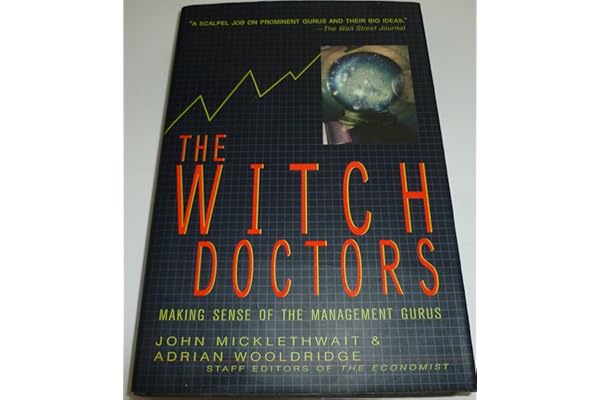
The Witch Doctors by John Micklethwait
“The Witch Doctors” by John Micklethwait examines the growing influence of management consultants and the impact they have on businesses and governments around the world. Through in-depth interviews and research, the book sheds light on the transformation of the modern workplace and the role of these “witch doctors” in it.

Charles Kuralt’s America by Charles Kuralt
“Charles Kuralt’s America” is a collection of the beloved journalist’s stories and adventures as he traveled across the United States. From small towns to big cities, Kuralt shares his observations and encounters with the American people, painting a vivid picture of the diverse and fascinating country he called home.

The Prize: The Epic Quest for Oil, Money, & Power by Daniel Yergin
“The Prize” explores the history of the oil industry and its impact on global politics, economy, and society. It examines the major players, conflicts, and discoveries that have shaped the modern world and highlights the ongoing struggle for control and profits in the lucrative oil business.

The End of Racism: Principles for a Multiracial Society by Dinesh D’Souza
In “The End of Racism,” D’Souza argues that racial disparities are due to cultural differences, not systemic racism. He advocates for a colorblind society that embraces individual responsibility and criticizes affirmative action as a form of reverse discrimination.

Lenin’s Tomb: The Last Days of the Soviet Empire (Pulitzer Prize Winner) by David Remnick
“Lenin’s Tomb” is a Pulitzer Prize-winning book that offers a gripping account of the final days of the Soviet Union, shedding light on the complex characters and events that ultimately led to its collapse. Through vivid storytelling and extensive research, David Remnick paints a haunting picture of a dying empire.

Life on the Screen by Sherry Turkle
“Life on the Screen” explores the impact of technology on human identity and relationships. Turkle argues that the internet and virtual communities allow for the construction of multiple identities, and examines the implications of this for our understanding of self and offline interactions.

The Language Instinct: How the Mind Creates Language by Steven Pinker
In “The Language Instinct,” Steven Pinker argues that language is an innate ability in humans, shaped by evolution. He discusses how the brain processes language and the universal features of language across different cultures. Pinker also explores the use of language in human communication and understanding.

An Anthropologist On Mars: Seven Paradoxical Tales by Oliver Sacks
“An Anthropologist On Mars” is a collection of seven fascinating and paradoxical stories, told by neurologist and author Oliver Sacks, about individuals with unusual neurological conditions and their extraordinary abilities. Through these narratives, Sacks explores the complexities of the human brain and challenges our understanding of what it means to be human.

Emblems of Mind: The Inner Life of Music and Mathematics by Edward Rothstein
In “Emblems of Mind”, Rothstein explores the connections between music and mathematics, highlighting the similar patterns and structures found in both disciplines. He delves into the history of these two subjects and how they have influenced one another, ultimately showing that they both rely on the human mind’s ability to create and perceive complex patterns.

A Mathematician Reads The Newspaper by John Allen Paulos
In “A Mathematician Reads The Newspaper”, John Allen Paulos uses his mathematical expertise to analyze and dissect news reports, exposing flaws in logic and bringing a critical and analytical perspective to current events. The book prompts readers to question and think critically about the news they consume.

